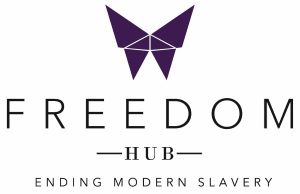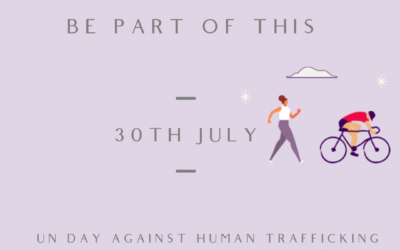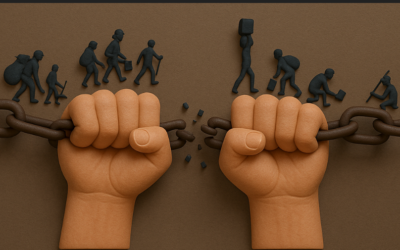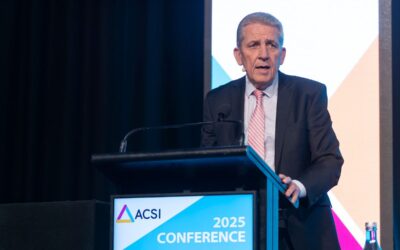Written by: Zainab Attarwali
As we gather to celebrate the holidays with joy-filled meals, it’s easy to overlook where our festive foods come from and who might be impacted by their production. In Australia, much of the seafood on our plates and the produce on our tables may involve exploited labour, from unsafe work conditions to modern slavery. This holiday season, let’s make choices that reflect our values by considering how we can enjoy meals that are both delicious and ethical. Here’s what you need to know to make your celebrations kinder to those who work to bring food to our tables.
Seafood
While Australia produces nearly 300,000 tonnes of seafood annually, 62% of the edible seafood consumed in Australia is imported, mainly from Asia, where human rights abuses against labour workers have been commonly cited.
To highlight one report, in 2018, Human Rights Watch found that despite publicised reforms, Thailand’s fishing industry remains plagued by forced labour and human rights abuses. Migrant workers face coercive recruitment practices, poor working conditions, and limited job mobility, especially due to the government’s restrictive “pink card” system, which ties workers to specific employers. You can read the full report here.
Unfortunately, this is only a small insight into the larger issue within the fishing industry. For more information, read our article “Slavery in Fishing on our Australian Plates.”
Food Harvesting and Processing
How are your festive foods potentially supporting modern slavery? A recent report by the independent NSW Anti-slavery Commissioner, Dr James Cockayne highlights modern slavery risks for PALM (Pacific Australia Labour Mobility) and Working holidaymakers (WHMs) workers in agriculture, horticulture and meat processing in rural and regional NSW.
1. Wages and Deductions
Workers face wage violations, including underpayment, excessive deductions for rent and transport, and lack of itemised payslips. Minimum weekly pay requirements are sometimes ignored, with workers pressured by high fruit-picking quotas and incorrect penalty rates.
2. Health and Safety Risks
- Dangerous working conditions are a critical issue, with a notable increase in deaths and injuries among PALM workers, particularly in agriculture and meat processing.
- Substandard housing conditions, including overcrowding, unsanitary environments, and price-gouging, leave workers vulnerable and struggling financially.
3. Gendered Violence and Healthcare Access
- Female migrant workers, including those on the PALM and WHM programs, experience high levels of violence and abuse, compounded by risks of homelessness, deportation, and potential visa termination if they disengage from the program or report incidents of
- Police and service providers report an increase in cases of coercive control, sexual exploitation, and domestic violence.
How Can You Enjoy An Ethical Festive Foods This Holiday Season?
We have a few tips to help you eat ethical festive foods this Christmas.
- The organisation Be Slavery Free has done most of the work for you in terms of buying slavery-free seafood from the grocery store. This organisation has extensively researched creating a supermarket seafood shopping guide for Aldi, Coles, IGA, and Woolworths supermarkets. This guide provides information on labels to look for on seafood, modern slavery statements from these supermarkets, certifications, and much more.
- Learn where your seafood comes from and the regulations around using slave labour in that particular country. Before unknowingly and unwillingly supporting a company that uses slave labour. Do some research to know which companies and brands to support.
- Educate others about modern slavery in the fishing industry. So many people don’t realise where their food comes from and who is harvesting it. By becoming more aware of the food you are buying and the issues surrounding that industry, you can educate yourself on the issues surrounding that particular industry and decide who you want to support.
- Enjoy an ethical holiday meal at The Freedom Hub! Whether for yourself or an event, visit us in person at our Waterloo Cafe or book online for events!
Join Our Community
Help raise awareness and join our local volunteer team; contact us here. Our next volunteer information night is coming up in a few weeks.
If you’d like to subscribe to our monthly newsletter, opt-in here.
Shop ethically with us. See our Online Store.
If you would like to support our work, you can donate here. We are a registered Australian Charity, and all donations support survivors of modern slavery in Australia who are in our Survivor School.
Would you like to know more? Learn more about our Survivor School or our Ethical Business Service.
THANK YOU FOR TAKING THE TIME TO READ OUR BLOG (Please review it or share it with others.)




